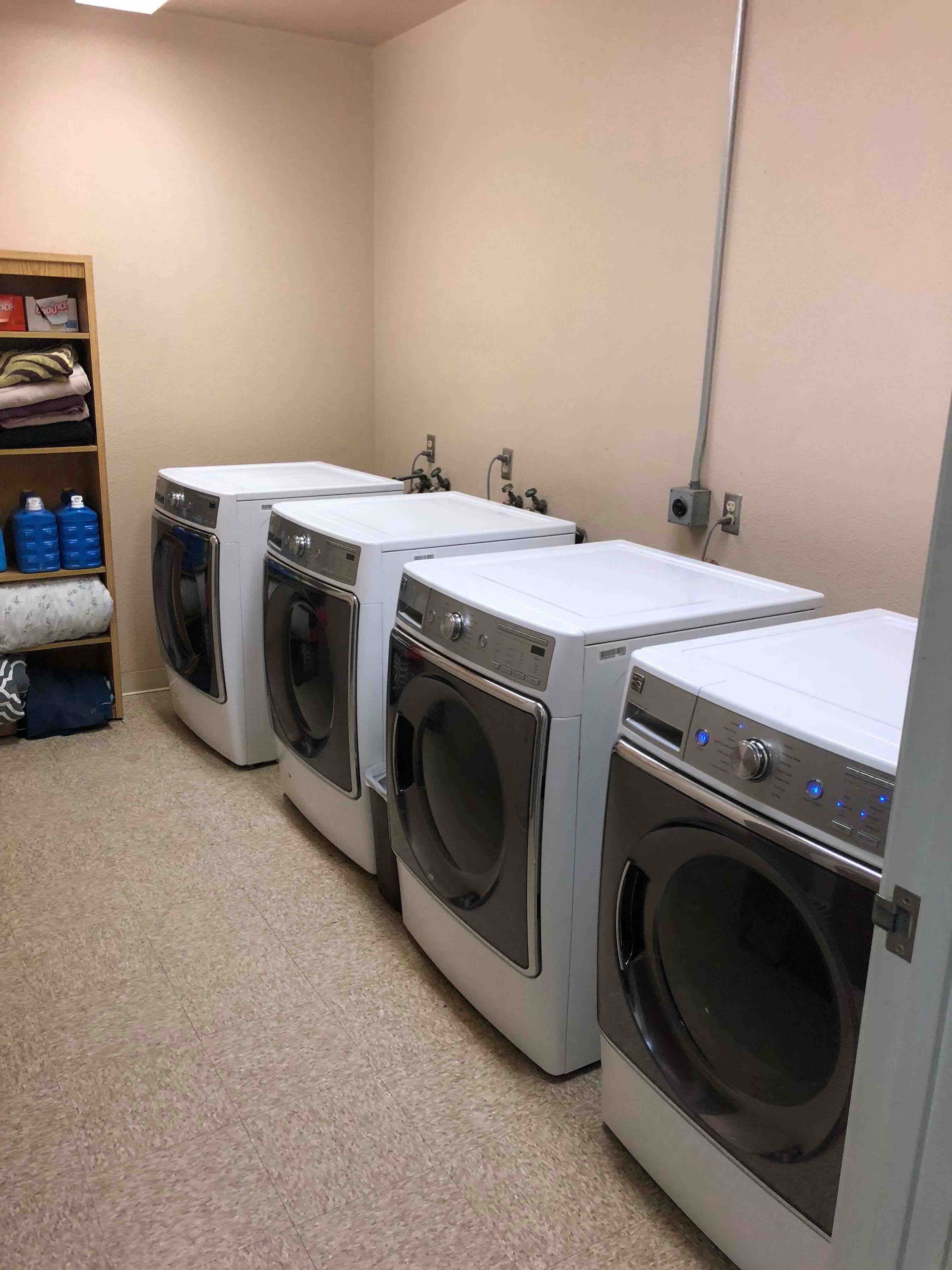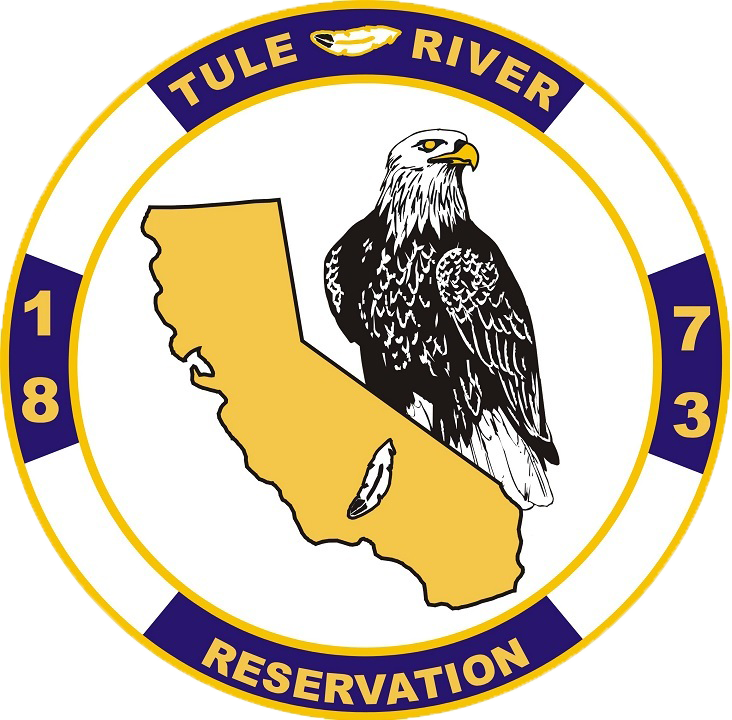The Tule River Alcoholism Program (TRAP)
The Tule River Alcoholism Program (T.R.A.P.)/ Little Creek Lodge is a
Treatment will be a highly individualized experience because no person has identical needs. We are constantly striving to make sure that we can adequately address the ever-changing needs of our clients.
Spirituality is an important aspect of recovery; we offer a spiritual advisor to counsel those clients who want us to assist them with their spiritual journey. A sweat lodge is also located on the premises for those who wish to participate. Throughout the year the residents will attend pow-wows, Native American gatherings
Organized in 1979 in response to a recognized need in the community for a Native American alcohol and drug treatment and prevention program that would recognize the unique cultural experience to be found in the Native American community. TRAP offers many services to the Native community such as the Little Creek Lodge in-patient treatment and recovery program, outpatient services, outreach services, prevention services, substance abuse community education services, youth substance abuse services and an aftercare program.
Outpatient Service
Specific written outpatient objectives and policies, including measurable results, expected, consistent with overall program philosophy and goals. Assessment and planning of treatment for the client based on individual needs. Treatment is in three stages; first 30 days, second 30 days and third 30 days for a total of 90 days.
Outreach Services
Specific written outreach objectives and policies, consistent with overall program philosophy and goals. Provides outreach services to include, but not limited to, jail and court visits, home contact, and liaison with health services agencies within our service area. Provide to the community through this component or others in the program, education on the nature of the problems of alcoholism (including that it is treatable) and information on the services available through the program.
Prevention Services
The written prevention plan identifies the priority groups at high risk in the community and a plan for activities directed at each group. A minimum of six working sessions targeted to high-risk groups in the community. At least four community sessions of fetal alcohol syndrome and fetal alcohol effect (FAS/FAE) per year, either by program staff or sponsored by the program. Provides educational/cultural awareness activities to youth. Provides at least 10 hours of substance abuse education to schools servicing the target group. Provide counseling services to youth before substance abuse issues become a primary problem. Provide recreational activities in an alcohol/ drug-free environment.
Primary Residential Treatment Program (Little Creek Lodge)
Provides a primary treatment program with a capability of housing individuals with specific written primary residential objectives and policies including measurable results expected, consistent with overall program philosophy and objectives. Counselor’s assess and plan the treatment plans for residents based on individual needs. TRAP provides a minimum of 4 therapeutic treatment modalities with a minimum of 12 hours of structured therapy per resident per week. Supportive services, such as assisting the resident to obtain social, medical, educational or employment services in a manner that reinforces the resident’s skill in problem-solving and long-term planning. Twenty-four (24) hours staff coverage and established procedure for dealing with major health and safety emergencies that may arise for the residents. The inpatient program is for one hundred and eighty days (180).


Substance Abuse Community Education
Specific written community education objectives and policies consistent with the overall program philosophy and goals. Provides information on the following topics;
- Alcohol is a disease.
- The intervention of alcoholism and drug abuse as it relates to enabling the behavior.
- Nature of alcoholism.
- The co-dependent and alcoholism in the family unit.
- The fetal alcohol syndrome and fetal alcohol effect (FAS/FAE).
- FAS/FAE prevention and consequences of FAS/FAE including dealing with mothers who drink during pregnancy.
- How to provide care to a FAS/FAE child.
- Special services to FAS/FAE families.
- Referral services for FAS/FAE families.
Youth Substance Abuse Services and After Care (follow-up)
Specific written youth substance abuse program objectives and policies consistent with overall program philosophy and goals.
- Counselor screens and approves all referrals made by community services to regional adolescent treatment centers or contract inpatient treatment centers.
- Monitors to assure that referral services are provided in an efficient, expeditious and professional manner. Ensures that appropriate placement into a substance abuse treatment program and ensures that treatment services continue.
- Provides supportive counseling services for families of adolescents who are in treatment.
- Maintains confidential client record system, with weekly progress reporting documented in client chart for all clients seen on an outpatient basis.
- Provide documentation of aftercare plan for all residents discharged when treatment is complete.
- Provide documentation of resident’s awareness of plan for aftercare (resident’s signature).
- Provide resident’s written goals of what is to be accomplished and time frame for accomplishments and indicators of success.
CRITERIA FOR ADMISSION (Men’s Residential Program)
Persons who are interested in becoming participants in the program are requested to have the following:
- Current TB Test not older than 90 days. No admission will be made without written documentation from a medical professional of a negative TB test. The individual WILL NOT BE ADMITTED into the program without this documentation.
- Physical
- Behavior Health Evaluation/Biopsychosocial
- Social Security Card
- Tribal Verification (Enrollment Card, Tribal ID etc.)
- Valid Picture Identification (Tribal ID, License, Passport etc.)
- Birth Certificate
- Must be at least 18 years old.
- No serious medical, psychological or emotional conditions that could interfere with participation in a social-model residential treatment program.
- All legal and medical issues should be sufficiently resolved, so the client will not be removed from the program during treatment.
SERVICES PROVIDED
- Individual and Group Counseling
- Red Road Wellbriety
- Relapse Prevention
- Living in Balance Workbook
- Talking Circle
- Life Skills
- Alcohol and Drug Education
- 12 Step Program
- Case Management
- Clean and Sober Living
- Sweat Lodge
- Drumming
- Outpatient/Drug Court
DRUG COURT
TRAP is an authorized treatment provider for the Tulare county drug court program. Drug Court consists of Meeting with Judge, Probation, DA, Public Defender, Avertest Testing Agency, and other treatment providers. In addition, client reports are given to court and recommendations are made.
Outreach services – The Tule River Alcoholism Program attends court dates regularly throughout different counties for Tule River Tribal Members, Tule River Descendents, Tribal Spouses and other Native American Federally Recognized Tribes throughout the area and outside the area. Trap attends court dates for individuals to have them referred to the TRAP program, whether it be outpatient or inpatient services they may need or based on what the court requires.
MORE INFORMATION ABOUT TRAP
Please contact TRAP staff.
Tule River Alcoholism Program
1012 North Reservation Road
Porterville, California 93257
Office: 559-781-8797 * Fax: 559-781-6229
Lodge: 559-781-0636
Tule River Indian
Tribe of California
340 N Reservation Rd
Porterville, CA 93257.
Phone: (559) 781-4271
Fax Number: (559) 781-4610
© 2024 Tule River Tribe..
Tule River Indian
Tribe of California
340 N Reservation Rd
Porterville, CA 93257.
Phone: (559) 781-4271
Fax Number: (559) 781-4610
© 2024 Tule River Tribe..
Tule River Indian
Tribe of California
340 N Reservation Rd
Porterville, CA 93257.
Phone: (559) 781-4271
Fax Number: (559) 781-4610
© 2024 Tule River Tribe..
Job Opportunities
